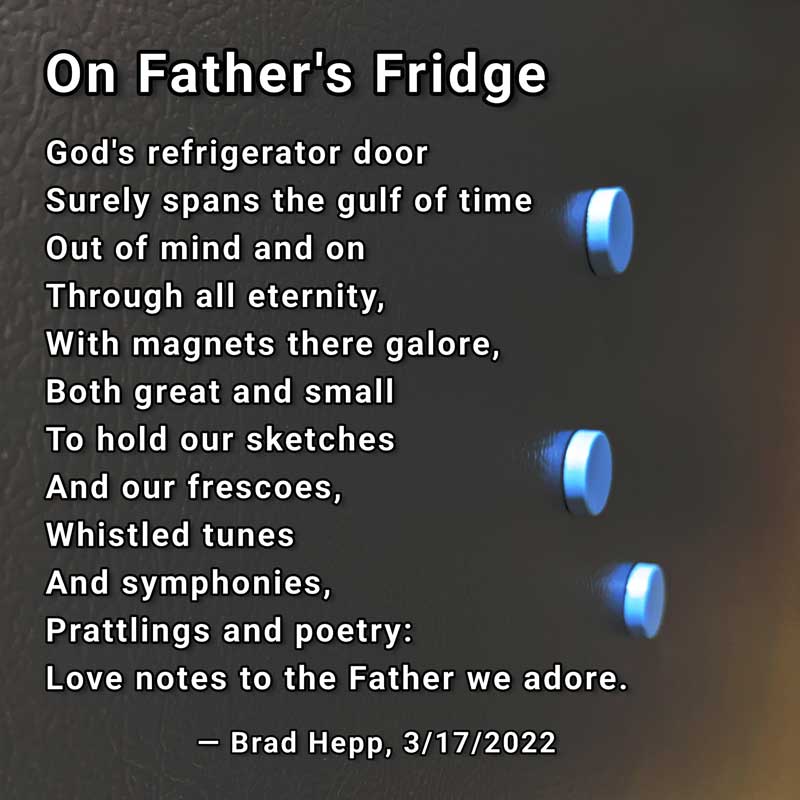
Commentary
A friend encouraged me to pay close attention to the deep emotion I feel whenever I encounter certain stories. One of those stories is what Luke tells about the — presumably — aged Simeon. When Joseph and Mary encounter Simeon in the temple, they let him hold their baby, Jesus. Simeon says,
Lord, now you are letting your servant depart in peace, according to your word; for my eyes have seen your salvation that you have prepared in the presence of all peoples, a light for revelation to the Gentiles, and for glory to your people Israel.
Luke 2:29-32
Why does that passage get to me every time I read it? Simeon seems to be satisfied. Everything’s great, right?
No.
More than once, I have been listening through Luke while walking at the lake. When I get to this passage, I tear up so much that anyone crossing paths with me would know something’s “wrong.” Simeon is satisfied, but I am…. What? Dissatisfied? I infer from the passage that Simeon will soon die, and his impending death figures into my response. Simeon is ready for death because he knows now that all will eventually be right in his world: the Messiah has come. Why does that satisfy him, but not me?
Different Story, Similar Feeling
Today, I heard a story that brought the same feeling, though with a little less intensity. The story was about a shy Irish composer named Ina Boyle (1889-1967). Ms. Boyle’s compositions were rarely played during her lifetime, but have been rediscovered fifty years after her death, and are now being played by orchestras.
When I hear a story like Ina Boyle’s or Simeon’s an image looms large in my mind: a great gulf, a void, a chasm separating promise and fulfillment. It’s death. Death and the time that has passed — and will pass — until the Resurrection.
This Poem: Somehow Remembrance…
So, today, when the great gulf came to mind, I asked myself, “What spans that gulf?” The picture that came to mind is strange: a refrigerator door, call it God’s refrigerator door. There he affixes the precious artwork of His children. Time passes, but He doesn’t forget our bright hopes and expectations, our responses to His obvious goodness. Somehow, God’s remembrance answers — will answer — the sadness I feel about mortality, the vapor which is our current state.
Pat Answers?
I could throw pat answers at myself all day long. Don’t even bother. One of my jobs as a poet is to be a spokesman for the feelings in search of truth.

Brad, thank you for this poem and for raising the topic of fear and loss. When I was growing up in Florida, I had a serious accident that nearly took my life. The memory of the trauma has stayed with me. I recently received an article on fear, written by Keith Mathison, wherein he quoted St. Augustine, who was, at the time, responding to Christians “at a time of great fear and anxiety.” I hope this will be encouraging to you and your readers as it has been to me:
“Among the daily chances of this life every man on earth is threatened in the same way by innumerable deaths, and it is uncertain which of them will come to him. And so the question is whether it is better to suffer one in dying or to fear them all in living.” Let’s keep in prayer. Thank you again for your poetry.
Article link: ligonier.org/learn/articles/fear-factor